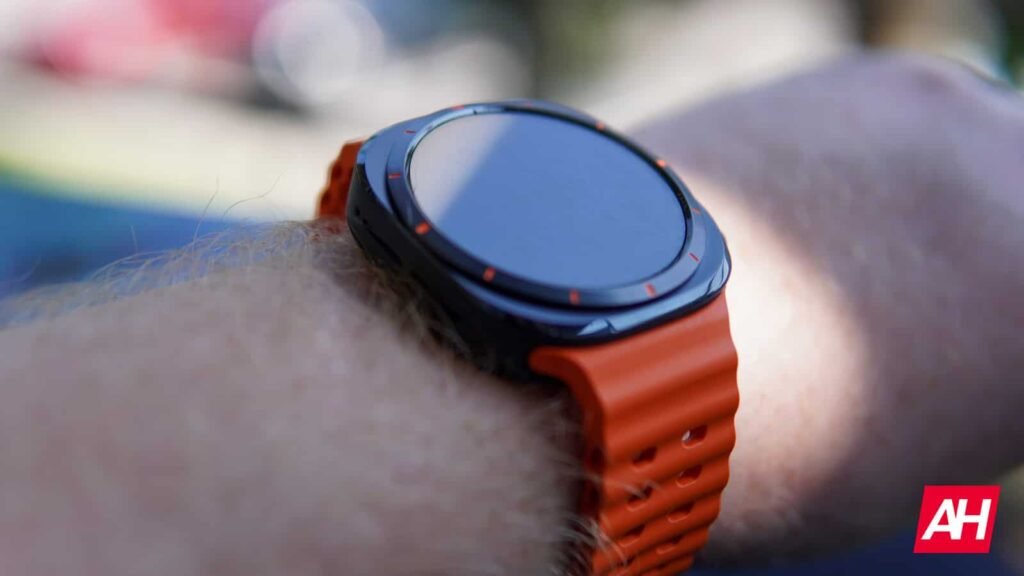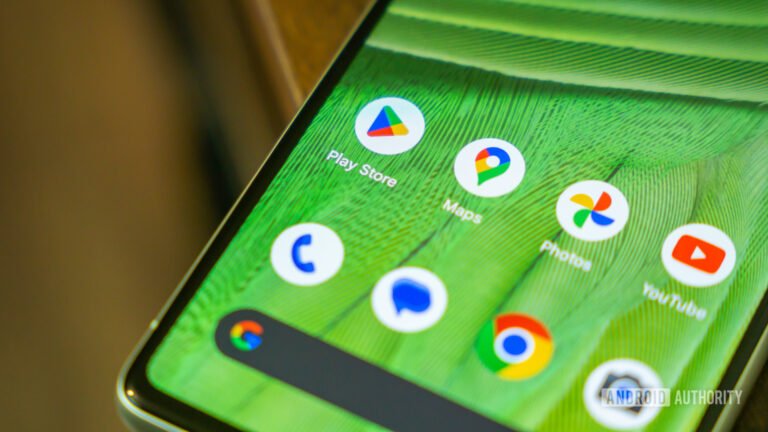

Imagine your smartwatch isn’t just tracking your steps but helping pave the way for humanity’s next giant leap. That’s exactly what the Samsung Galaxy Watch Ultra is doing. This wearable is now playing a crucial role in a groundbreaking study. Currently, the Galaxy Watch Ultra is monitoring the potential health effects astronauts might experience during deep space travel.
This research, named SOLIS8, is a collaborative effort by the European Space Agency (ESA), the German Aerospace Center (DLR), and the Institute of Aerospace Medicine. It’s the first isolation study of its kind to use smartwatches for health monitoring. Six individuals were recently isolated in a specialized test facility on Earth for eight days. This highly controlled environment was meticulously designed to mimic the psychological and physical challenges of a true space mission, without actually leaving our planet.
Samsung Galaxy Watch Ultra as key part of space travel research
The teams partnered with Samsung Germany and IT service provider Adesso. They specifically chose the Galaxy Watch Ultra for multiple factors. The list includes its ease of use, cable-free operation, and ability to record and collate vital signs without needing a constant data connection. According to the Institute of Aerospace Medicine, the study proved that smartwatches can reliably monitor health even in challenging, isolated situations. This opens up new possibilities for space exploration, remote research stations, and even telemedicine.
During the SOLIS8 study, participants wore the Watch Ultra almost constantly, only removing it for charging. The watches connected to a local Wi-Fi network, feeding medical and health data into a specially designed program. All this information was securely collected, encrypted, and processed locally, ensuring privacy and reliability.
The eight-day isolation was no casual retreat. The three men and three women involved followed a strict schedule for eating, sleeping, exercising, and showering, experiencing no external contact or natural daylight. Charlotte Pouwels, one of the participants, shared that they slept in “habitat module” pods, ate freeze-dried food, and had no access to personal phones or music. Despite the rigorous conditions, she noted everyone “remained in high spirits.”
While isolation studies are helpful to understand space effects on astronauts, researchers need more data. Sarah Piechowski-Worms, who led SOLIS8, believes this study and the Galaxy Watch Ultra will provide deeper insights into extended space travel’s effects and how people cope in confined spaces and strict routines.
A longer study is pending
The data from SOLIS8 is currently under evaluation. However, this is just the beginning. It sets the stage for the next phase, SOLIS100, a much longer 100-day study planned for the near future. It will include both a main and a backup crew.
The next time you glance at your Galaxy Watch Ultra, consider that it’s contributing to the future of space exploration. Situations like these help us measure how advanced the technology that we carry with us every day is.
The post From Wrist to Orbit: How Galaxy Watch Ultra Aids Astronaut Training appeared first on Android Headlines.


